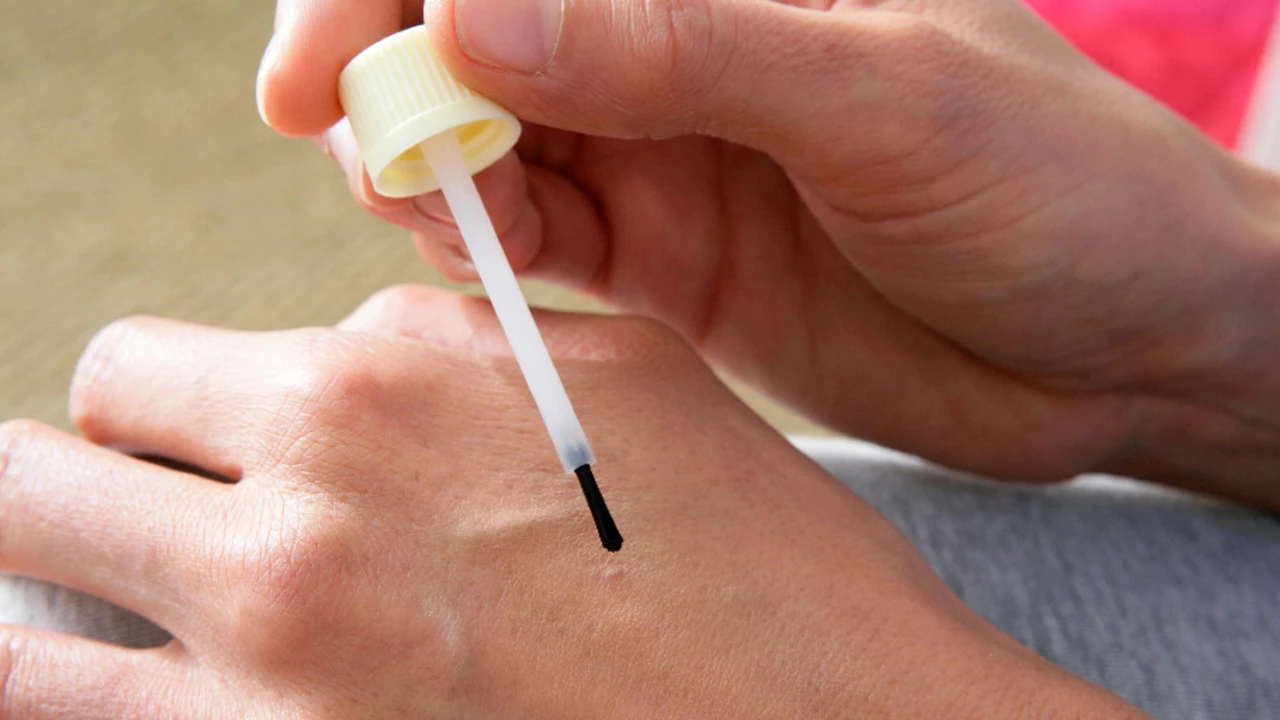Natural Remedies: What Works, What’s Safe
Natural remedies can help with mild issues—sore throat, upset stomach, sleep trouble—but they’re not magic. Want quick relief without a pharmacy run? Great. Want to avoid a bad reaction or a wasted bottle? Also important. I’ll give straight, practical advice so you can use herbs and home treatments safely and effectively.
How to pick a safe natural remedy
Start with the problem, not the product. If you have a cough, honey and warm fluids ease symptoms. For nausea, ginger or peppermint works for many people. Check simple evidence: look for randomized trials or trusted medical summaries, not just glowing reviews. Buy from known brands or pharmacies—that lowers the risk of contamination or wrong dosing.
Watch for interactions. St. John’s wort can cut the effect of many prescriptions. Turmeric and garlic can thin the blood, so avoid high doses if you take blood thinners. Pregnant or breastfeeding? Skip most supplements unless your doctor okays them. When in doubt, ask your clinician and bring the product label to your visit.
Try small first. Take a single low dose for a few days and note effects. If a product gives stomach upset, rash, or unusual tiredness, stop and consult a provider. Keep a list of everything you take—prescriptions, vitamins, and herbs—so your doctor can spot risks fast.
Quick evidence-backed home remedies
Here are simple, practical options you can try at home with a reasonable safety profile:
- Sore throat: Honey (one teaspoon) with warm lemon water eases irritation and cough. Don’t give honey to infants under 1 year. - Nausea: Ginger tea or 250–500 mg ginger capsules can reduce nausea for many people. - Mild inflammation or joint pain: Short courses of turmeric (standardized curcumin) sometimes help; choose standardized extracts and watch for stomach upset. - Minor skin cuts: Clean with soap and water, apply a thin layer of antibiotic ointment if needed, and keep covered. Avoid applying raw herbs directly to open wounds. - Sleep trouble: A routine, low light before bed, and short-term melatonin or valerian can help; try behavioral steps first.
Some products on this site go deeper—read our Khella supplement guide if you’re exploring herbal heart or respiratory support, or our article on natural alternatives to ED medications if you want non-prescription options. We also cover scalp care topics like minoxidil and dandruff for people using hair treatments.
Final practical rule: natural doesn’t mean risk-free. Treat supplements like medications—use the right dose, watch for side effects, and keep your healthcare team in the loop. If symptoms are severe, sudden, or getting worse, get medical help. Natural remedies are a tool, not a replacement for proper care.
Can Essential Oils Help in Treating Warts?
In my recent exploration, I've been researching whether essential oils can help in treating warts. It turns out that some essential oils, like tea tree and oregano, show promising results due to their antiviral properties. While they're not a guaranteed cure, many people have reported a decrease in size and number of their warts after consistent application. However, it's important to remember that essential oils should always be diluted before use to avoid skin irritation. Consultation with a healthcare professional is also recommended for proper guidance.






